Unraveling the Immune System's Role in Endometriosis
Endometriosis is often driven by complex immune system interactions. Dysregulated immune cells, including macrophages, neutrophils, and natural killer cells, play a significant role in promoting inflammation and lesion progression. Researchers from China Led by Dr.Xu conducted a study to investigate…
Key Points Lay SummaryUnviling the role of PD-1-PD-L1 Pathway in Endometriosis Progression and Therapy
The role of immune system in Endometriosis, a chronic inflammatory disease is complex, involving both protective and harmful effects. A key player in this process is PD-1 (programmed cell death protein 1), a protein found on T cells that regulates immune responses by inhibiting…
Key Points Lay SummaryNew horizons in endometriosis and immunity
Academicians led by Dorota Suszczyk from Lublin, Poland have published their recent comprehensive narrative review on immunity and endometriosis in International Journal of Molecular Sciences. Recent evidence points to the importance of co-inhibitory immune checkpoints which could be related to endometriosis mechanisms…
Key Points Lay SummaryRegulatory T cells influence on endometriosis development
While the exact cause of endometriosis is still debated, various theories are being investigated. One approach focuses on the immune system. Regulatory T-cells (Tregs) are crucial in suppressing inflammatory immune responses and preventing autoimmune diseases, allergies, infections, and cancer. Knez…
Key Points Lay SummaryT-cell-targeted immunotherapy and immune checkpoint inhibitors for the treatment of endometriosis
Dr. Monika Abraimuk and colleagues from Poland published their review on "the importance of immunity in endometriosis" in a recent issue of the medical journal “Cellular Signaling”. A great challenge in contemporary medical issues is endometriosis which still lacks a…
Key Points Lay SummaryAn important matter to revise: Immune system changes in endometriosis
Endometriosis is a multifactorial disease with unclear and obscure pathogenetic mechanisms. In their review, Chopyak et al. revised the immunopathogenic pathways that are proven and/or thought to be responsible for disease development and progression. The article was published in the…
Key Points Lay Summary"Complement" of immune system and endometriosis therapeutics
The complement system is part of the body’s immune system, and plays integral roles in the recognition and clearance of pathogens, apoptotic and necrotic cells. It is composed of over 50 proteins with soluble activation precursor components, regulators and cell…
Key Points Lay SummaryThe origin of macrophages determines the fate of endometriosis
Macrophages are diverse cells. They can present in all tissues of the body to perform crucial functions in immunity, homeostasis, repair and many more. Macrophages change their role depending on signals from their environment, and can therefore have a variety…
Key Points Lay SummaryEndometriosis and Inflammation: How to Treat it?
Women with endometriosis have systemic and localized inflammation within eutopic and ectopic endometrial tissues found in a study published in the "American Journal of Reproductive Immunology". More importantly, the study also found that the inflammation caused by the disease could…
Key Points Lay SummaryWhite blood cell neutrophils link to immunosuppressive environment in ovarian endometrioma
Recently the contribution of neutrophils to the pathogenesis of endometriosis has been suggested. Several observations fuelled this suggestion, such as the accumulation of neutrophils in the peritoneal fluid of ovarian endometriosis; neutrophil extracellular traps were found in the peritoneal fluid of…
Key Points Lay SummaryNew Insights on Infertility and Low Success Rates of Assisted Reproduction in Women with Endometriosis
The fluid surrounding immature eggs waiting to mature and be fertilized by a sperm to lead to pregnancy is different in women with endometriosis compared to those without, according to a study published in Molecular Biology Reports. This could explain,…
Key Points Lay SummaryImmune environment of endometriosis
The results from the past decade of research have shown that an altered pro-inflammatory immune environment in endometriosis is believed to contribute to the pathophysiology of the disease. Because of changes in the immune microenvironment in the disease state, the…
Key Points Lay SummaryHeme impairs macrophage phagocytosis
Heme is an iron-containing molecule that carries oxygen in the blood and also serves many essential biological proteins. It is released from ruptured erythrocytes during hemolysis. If not chelated, heme can cause harmful oxidative damage and inflammation. Thus, heme is…
Key Points Lay SummaryControl on endometriosis progression by a "tyrosine kinase inhibitor"
B cells, which are important players of the immune system, are increased in the blood and peritoneal cavity of endometriosis patients. Activation of B cells and the presence of anti-endometrial autoantibodies have been also been described in women with endometriosis,…
Key Points Lay SummaryCorrelation between Treg cells and peritoneal lesions in women with ovarian endometrioma
It is increasingly suggested that defective immune response is responsible for the survival and development of ectopic endometrial cells into endometriosis. In women with endometriosis, the immune system fails to create an inflammatory process that destroys endometrial cells at the…
Key Points Lay SummaryA newly found relationship between estrogen signalling and immune dysregulation in endometriosis
It is believed that endometriosis progression is "at least partly" due to dysregulation of immune cells resulting in the poor clearance of ectopic endometrial debris. In particular, aberrant macrophage function was found to be important in the establishment of endometriosis, since…
Key Points Lay SummaryAnti-inflammatory cytokines: a new horizon in endometriosis with possible clinical relevance
Scientists led by Dr. Li from Shangai PRC, have made a comprehensive review of anti-inflammatory cytokines related to the pathogenesis of endometriosis in a recent issue of Cellular and Molecular Life Sciences. Inflammation is important in the pathogenesis of endometriosis,…
Key Points Lay SummaryLocal inflammation and disease severity in endometriosis
During inflammation, immune cell receptors recognize endogenous molecules called danger-associated molecular patterns (DAMPs) or ‘alarmins’. This process reflects tissue damage and is mediated upon cell death in the condition of strong inflammation. HMGB1 and IL-33 are important DAMP molecules. Recently,…
Key Points Lay SummaryImmune dysregulation in endometriosis
The connection between endometriosis and the immune system has long been proposed. However, to date, there is no real consensus on whether immune adaptations actually facilitate endometriotric lesion progression or they are a consequence of endometriosis re-occurrence. Thus, this article…
Key Points Lay SummaryAnother Study Suggesting That Endometriosis May Be a Disease Associated With Immune System Dysfunction
An immune system protein called TGF-β in the peritoneal fluid or fluid that lubricates the lining of the abdominal wall and pelvic cavity may be creating an environment favorable for the formation of endometrial lesions. This is according to a…
Key Points Lay SummaryAltered Immunity in Endometriosis
In recent years, there has been increased attention on the role of immune system in endometriosis development. Normally, immune reactions are supposed to destroy endometrial cells seeding in the peritoneal cavity. Nonetheless, in endometriosis, these cells are able to evade,…
Key Points Lay SummaryEndocrine and inflammatory factors in current understanding of endometriosis
There are three forms of endometriosis: peritoneal, ovarian, and deep infiltrating. All three forms consist of endometriotic lesions containing endometrial glands, stroma, nerves, blood vessels, and inflammatory cells. Endometriosis symptoms can be accounted by these elements and the involving organs.…
Key Points Lay SummaryEFA Medical Conference 2017: "Cells Are the New Cure" Presentation by Dr. Max Gomez
Dr. Max Gomez is an award-winning broadcast journalist, CBS News Medical Correspondent, and a presenter at the EFA 2017 Medical Conference. Dr. Gomez’s presentation was titled “Cells Are the New Cure: The Cutting-Edge Medical Breakthroughs That Are Transforming Our Health.”…
Key Points Lay SummaryThe role of the B lymphocytes in endometriosis: A systematic review
Insight into the role of an inflammatory response in endometriosis has sparked further study into the role of different immune cells and their causal relationship to the pathogenesis of endometriosis. Several recent studies have found an association between aberrant immune…
Key Points Lay Summary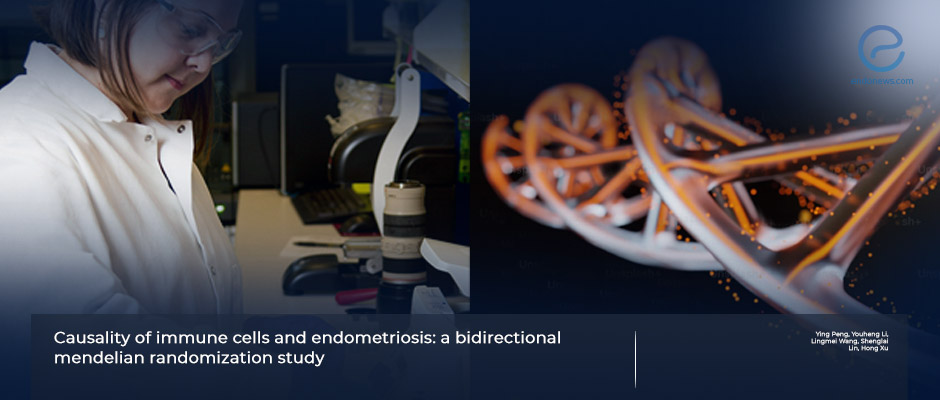
 By Eylül GÜN
By Eylül GÜN
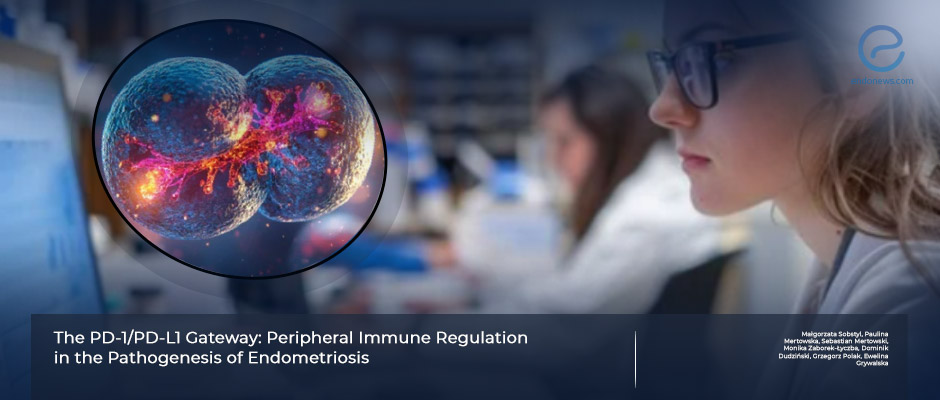

 By Nasuhi Engin Aydin
By Nasuhi Engin Aydin
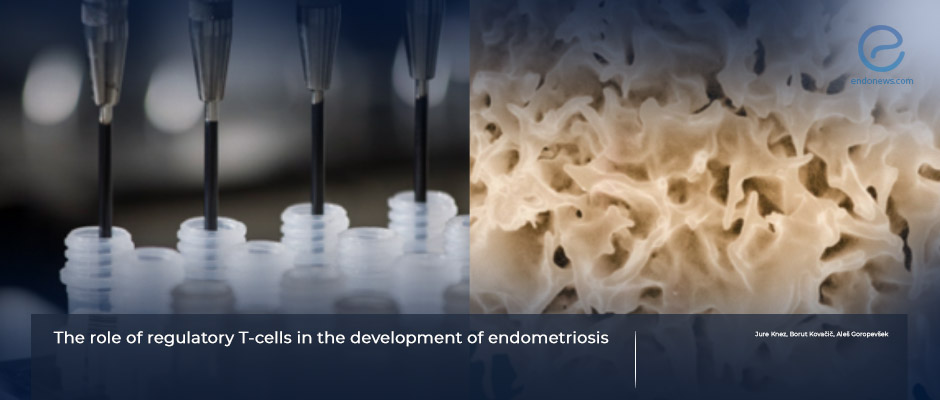



 By Yu Yu
By Yu Yu

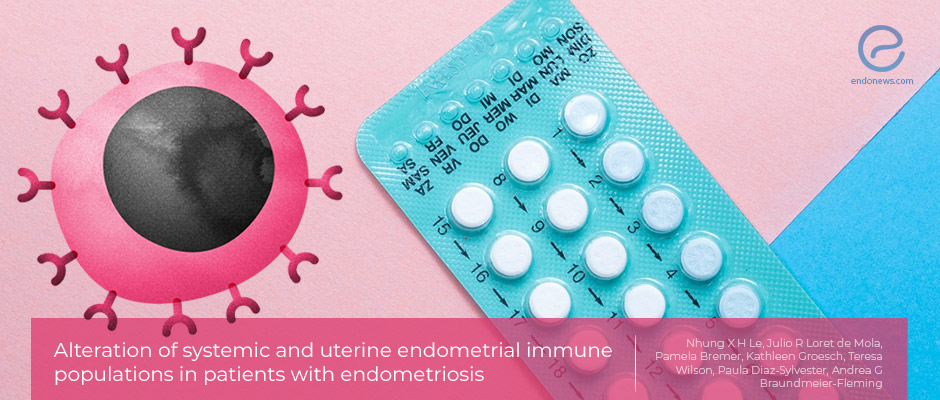
 By Özge Özkaya
By Özge Özkaya
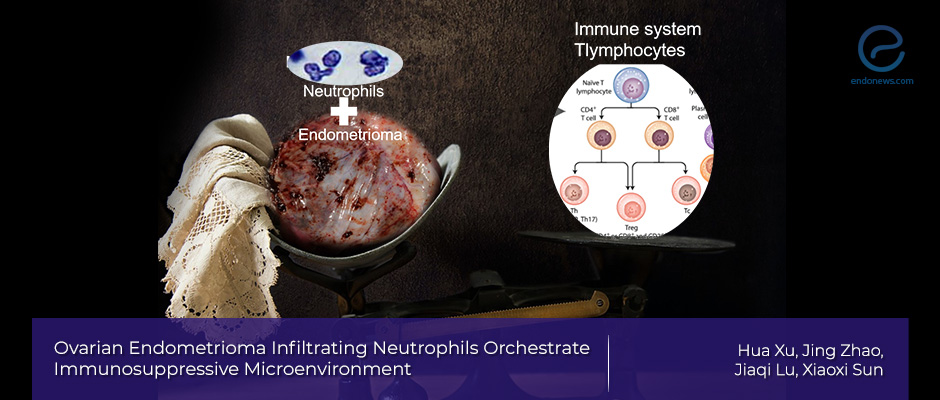

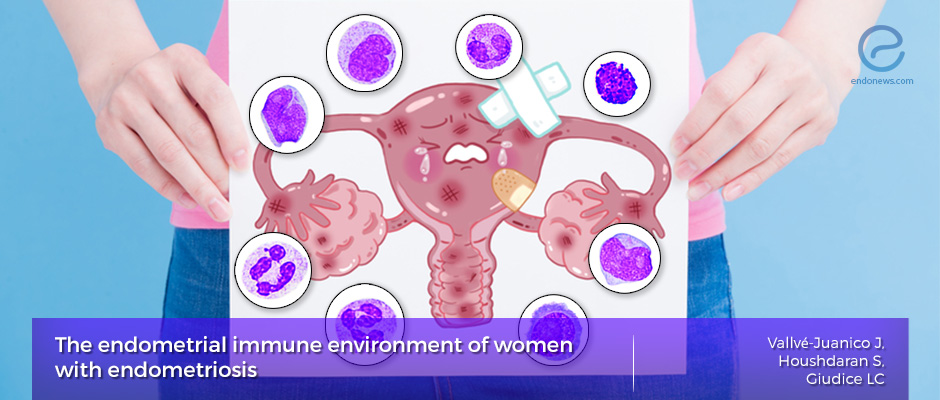


 By Irem Onur
By Irem Onur
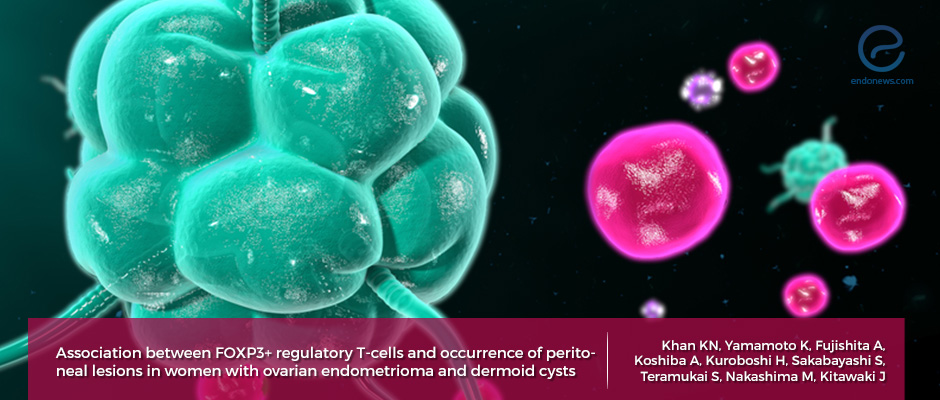


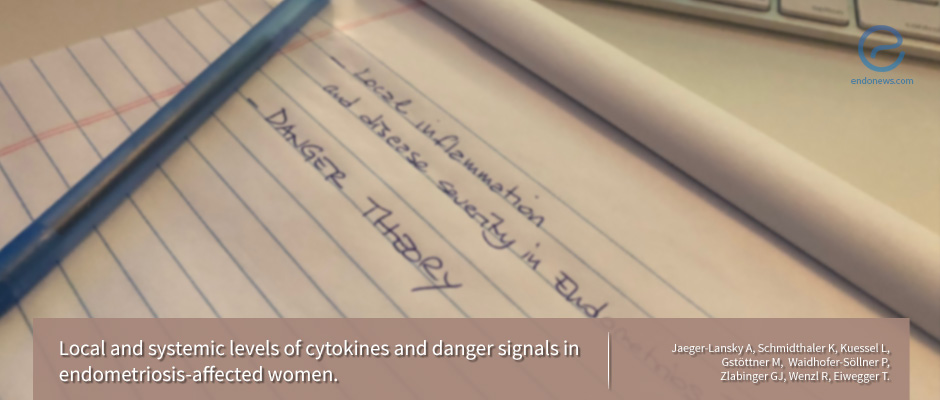
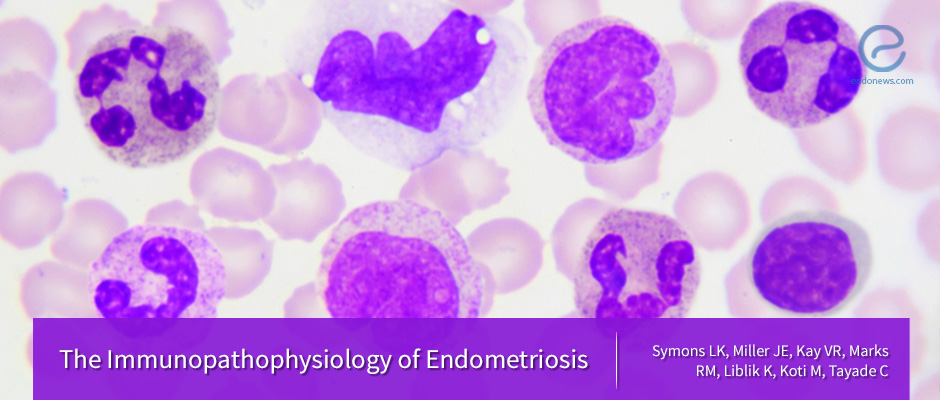

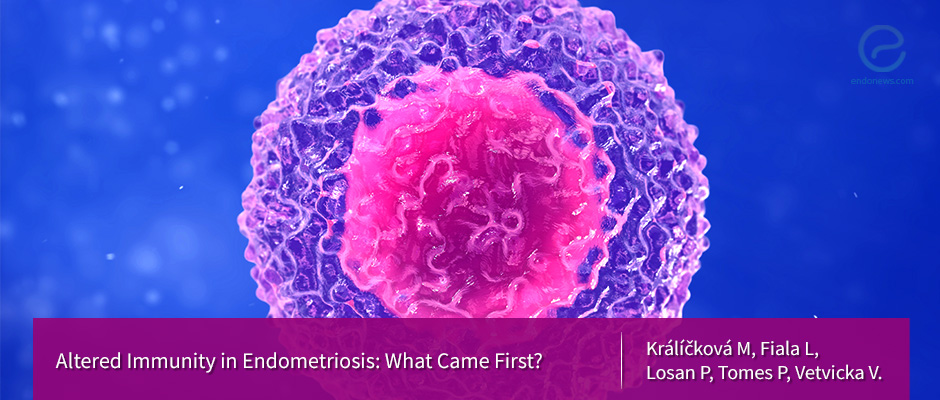


 By Kasthuri Nair
By Kasthuri Nair

 By Murat Osman
By Murat Osman